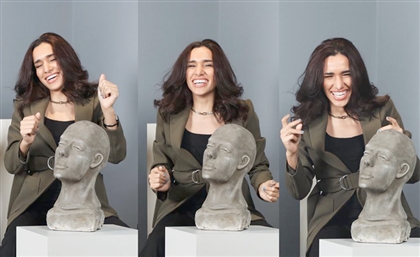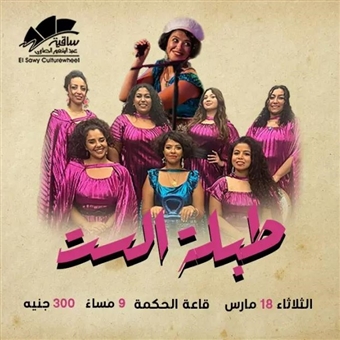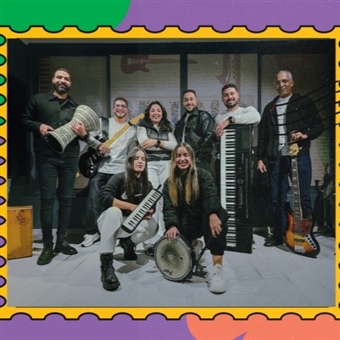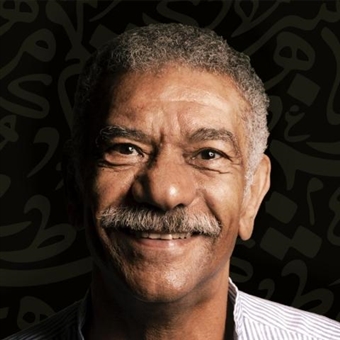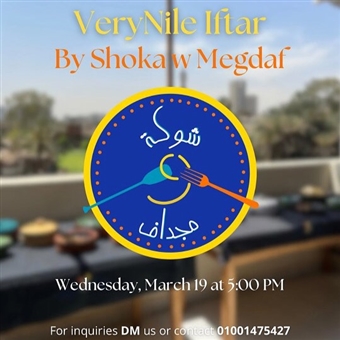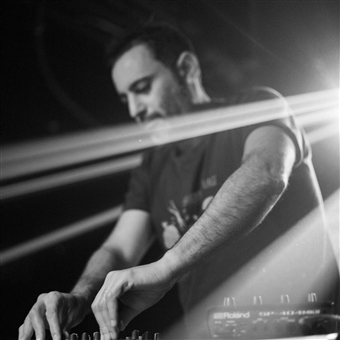Cairo Year Zero: a Short Look Into Egypt's Lost Generation
We speak to cinematographer Taher Medhat about the award-winning short currently doing the rounds at film festival, how it rings truth for millions of Egyptians and even get exclusive access to stream it for free, only for our readers...
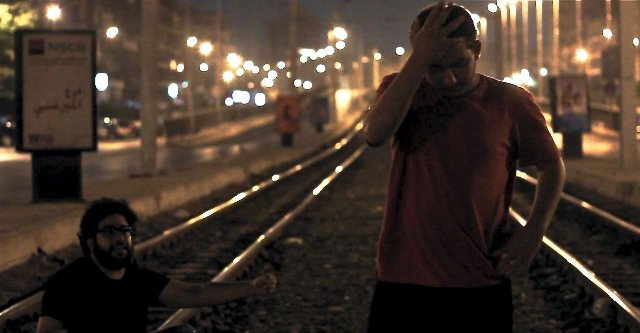
Short films and documentaries flourishing out of Egypt these days tend to focus on the historic uprisings that ignited on January 25th 2011. Sadly, many of the revolution's goals are yet to be actualised, and most the films dealing with the subject share the same graphic photos engrained in our collective memories. Given an exclusive screening of Cairo Year Zero, the latest Egyptian short touring international festivals, we expected to find the film filled with recycled footage. Instead, we were presented a refreshing authentic short giving insight into the lives of young Egyptian males leading up to the revolution.

Sex, drugs, alcohol, social taboos and football. These are the dominating thoughts running through a generation of lost Egyptian males. Cairo Year Zero (CYZ) follows a fictional group of four friends, when an unexpected altercation fatefully impacts all their lives and helps fuel the revolution to come.
Predominantly following fictional footballer Saleem Moustafa and his group of friends, the film explores the difficulties faced by young men trying to find their paths. “Saleem Moustafa is another lost kid in a lost generation, desperately looking for anything to believe in or be proud of, or even do with his time. He’s a composite of a worrying percentage of this country, and this part of the world as a whole,” describes producer and cinematographer Taher Medhat.

From the start of the short, Saleem is presented as young man depressed by his inability to find love or a career in football. Trying to forget the myriad of troubles surrounding his life, he attempts to drown his sorrows in alcohol and hashish. For the most part, the characters in the film appear one dimensional, until a pivotal late night conversation on the metro tracks exemplifies true friendship making their characters more dynamic. Up until that scene, the dialogue centers on the typical Ahly vs Zamalek debate, and whether there is hope in Egyptian football. The dialogue proves to be relatable for men, as the language used is authentic and crude, truly reflecting the manner in which guys talk to each other across this land. “Our script was essentially a series of hastily-scribbled dialogues on loose sheets of paper, but we had a rough idea of where we wanted to take the narrative. It was the actors who really fleshed out the dialogue and added these idiosyncrasies to their characters, which I think give the film a substantial amount of its authenticity,” believes Medhat. Without crafting the dialogue organically this film would fall flat instead of sounding genuine.
The short is cleverly shot in a guerilla style fashion adding grit to the overall production, and leaves the viewer feeling like they are one of the guys. However, proving to be a downfall for this film is the exclusion of the other half of the population who made the revolution possible; women. “CYZ wasn’t shot with the intention of being a standalone short; it was always meant to be a just one of the narrative thread in a bigger feature called Hate Your City, which Niko Volonakis and I are currently working on,” explains Medhat.
The decision to turn CYZ into its own film came after the realisation that they couldn’t find the funds needed to make their globe-spanning epic. Three years after the initial shoot, director Niko Volonakis began scrambling to make a short with the footage they had in hopes of building enough momentum and enticing the funds needed to complete a full feature. According to Medhat, it was “during editing we both realised the gaping issue of having only one female character, especially in a film with a relatively inclusive revolution as its backdrop. It was a little too late by that point, and the film regrettably turned out almost entirely male-dominated.”
Despite the unfortunate exclusion of women, the message conveyed can be appreciated by all Egyptians regardless of gender. According to Medhat, they wanted to communicate is “The government’s not here to help you, the police aren’t here to help you; the army isn’t here to help you; do what makes you happy, get good at it, spend the rest of your time with the people and things you love.”
As it stands, Cairo Year Zero is currently be screened on the international festival circuit and has been the recipient of multiple awards including; Excellence Award at the Rincon International Film Festival (RIFF) in Puerto Rico and Best Narrative Short at the Reel Independent Film Extravaganza (RIFE) in Washington D.C. “Our biggest screenings is coming up at the Madrid International Film Festival in July, and we’re excited to finally release it online once every festival is either sick of us, or has already screened our film,” explains Medhat. However, the team behind the film have given CairoScene readers exclusive, free access for a limited time. All you need to do is click here and enter the password: CairoScene.
Although this is just essentially a teaser to a bigger project, Cairo Year Zero has given a unique insight into Egyptian life and has been welcomed by international audiences. Building on this momentum Medhat informs us that “we’re planning on starting production on our follow-up, and a sister-feature to CYZ, Hate Your City, hopefully armed with lessons learned and something resembling a legible script.”
By developing the ideas explored in Cairo Year Zero and applying lessons learnt from the mistakes made in their debut, the team that brought you this short seem poised and capable to make a bigger impact with the release of a full feature. Based on the strength and originality of this short, one can expect that Hate Your City will find love from audience within and well beyond Egypt’s borders.
- Previous Article Something Beginning with 'Al'
- Next Article Mortada Mansour Calls For Investigation into Football Ghosts
Trending This Week
-
Mar 09, 2025






